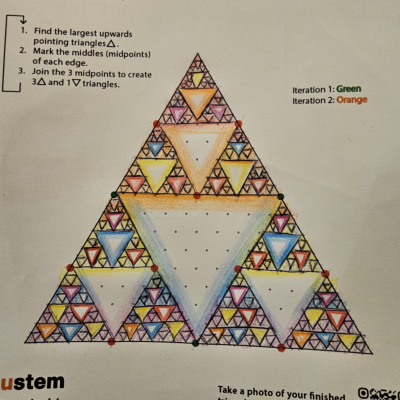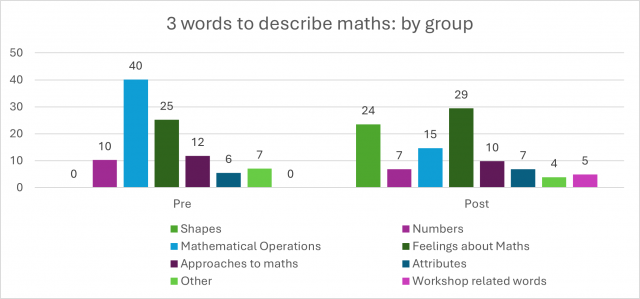I’ve got a bit of a bone to pick with some recent role-models campaigns that have portrayed women and other minorities working in STEM. In short, why the artistic treatment of the people in them, has made them look a bit, well, weird.
This isn’t a dig at designers who’ve created the campaign graphics. My gripe with those who’ve commissioned these seemingly ‘off message’ art works in the first place.
In an environment where women, ethnic minorities and disabled people are under-represented in the STEM sector, role-models are frequently used to highlight possible routes to those who might not normally consider them. We know that using relatable STEM role models is an effective way of engaging young people in STEM*, and also that when young people see people ‘like them’ positive impacts are more likely to occur**.
But two poster campaigns I’ve come across recently made me question whether this role model approach is going a bit awry.
The first example is some posters recently pinned up outside my office. Entitled ‘Forces of Nature’ and developed for International Day for Women and Girls 2022, these come from a poster series authored by the Perimeter Institute. According to the website, this campaign is designed to tackle the under-representation of women in science by celebrating the significant contributions women have made, particularly those who’ve been overlooked in history. This is a perfectly valid response to a legitimate challenge.

Graphical Posters from The Perimeter Institute’s Forces of Nature Poster Campaign
But why have the posters made these women look so weird? I’m left wondering about the messages these posters convey about STEM women. Why do they have fractured, oddly coloured faces?
I ask Chat GTP to summarise common stereotypes about women working in STEM. Quickly, the AI pings back to tell me that women who work in STEM are… nerdy and awkward, have masculine traits and are unapproachable. They have limited interests, are less competent than men and neglect their personal lives and families.
Surely high-profile campaigns designed to address under-representation in STEM should be challenging the stereotypes by showing how incorrect they are. Yet does a design that gives women green geometric faces make women seem more approachable?
The second campaign comes from the Royal Academy of Engineering in honour of National Engineering Day 2024. The digital artwork of five engineering role models was again aimed at celebrating the unsung heroes whose contributions are making a difference and inspiring a new generation into the engineering profession. RAEng asked the public for nominations for engineers who inspire young people, with one male engineer Navjot Singh, and four female engineers Alice Kan, Meg Ginsburg, Dr Shini Somara and Laura Hoang chosen for inclusion on the poster. The posters title indicates that these are being held up as engineering role models.

RAENG National Engineering Day 2024 Role Models Poster
Although the artwork is attractive and conveys celebration, I’m left wondering what we actually learn about these role-models from such a portrayal. First off, there’s the difficulty of even finding these role-models hidden beneath the competing jungle of shapes and colours. Counting heads, I do manage to find all the five, but I’m none the wiser about what kinds of work these engineers are known for. Following the QR code link I do find some information about the work of the engineers represented, but its still fairly challenging to attribute the found engineers to their represented ‘role-model’.
And what broader messages does this graphic portray about the types of people working in STEM? Do they all have small heads, long legs and bumpy bodies?
As a targeted response to address under-representation, these type of role-model campaigns invariably represent women and other under-represented groups. I am hard pushed to find the corresponding STEM role-models campaigns that highlight white men. This means that while many men get to work in STEM in their own likeness, it’s those from under-represented groups who seem to get the graphical green and bumpy treatment.
Design is all well and good as a strategic method of conveying serious information, except when it’s off message. I would love to see the briefs given to the artists, or know more about how these pieces were commissioned. In my opinion, imagery in campaigns focused on presenting ‘role-models’ should be about countering misleading stereotypes and demonstrating role-models as ‘like me’. They need to be putting over professionals in their own likeness, as normal and relatable people with interesting lives and jobs with hobbies just like everyone else.
Another campaign does just that. Developed by Ingenium Canada, we find 131 posters of female role-models for for exploring equity, diversity and inclusivity with students. In these posters the women are smiling and approachable, there representation reflects their own likeness, and through the posters I can learn a bit about their specific areas of interest and what they do in their work.

Graphical Posters from Ingenium Canada’s Women in STEM campaign
Such an approach aligns well with NUSTEM’s research, which finds that our role-models campaign can reduce stereotypes of STEM professionals when using a counter-stereotypical image and attributes approach.
Perhaps this interpretation of role-models is too literal. Perhaps these kind of abstract role-models are fine, and still have their place, as part of celebration activities, or to peak curiosity or interest. But surely, it’s not too much to ask that campaigns run within the sector, take a bit more care to not to reproduce the stereotypes that we are trying to dispel?
This exploration does however pose interesting question for research. Despite role-models being widely used in the sector, we don’t understand them very well. More work is needed to understand quite how role models work, and are processed by those that receive them. And though role models are generally designed to increase engagement in STEM, we still don’t know which types of role models are most accessible to which children and why, or which factors in the portrayal of role models are the ones that might create a connection or admiration in a young person, that will enable their later access into STEM.
Links
* Gunderson, E. A., Gripshover, S. J., Romero, C., Dweck, C. S., Goldin-Meadow, S., & Levine, S. C. (2013). Parent praise to 1-to 3-year-olds predicts children’s motivational frameworks 5 years later. Child Development, 84(5), 1526–1541. https://doi.org/10.1111/cdev.12064
** Gladstone, J.R. and Cimpian, A. 2021. Which role models are effective for which students? A systematic review and four recommendations for maximizing the effectiveness of role models in STEM. International Journal of STEM Education. 8(1), pp.1–20.
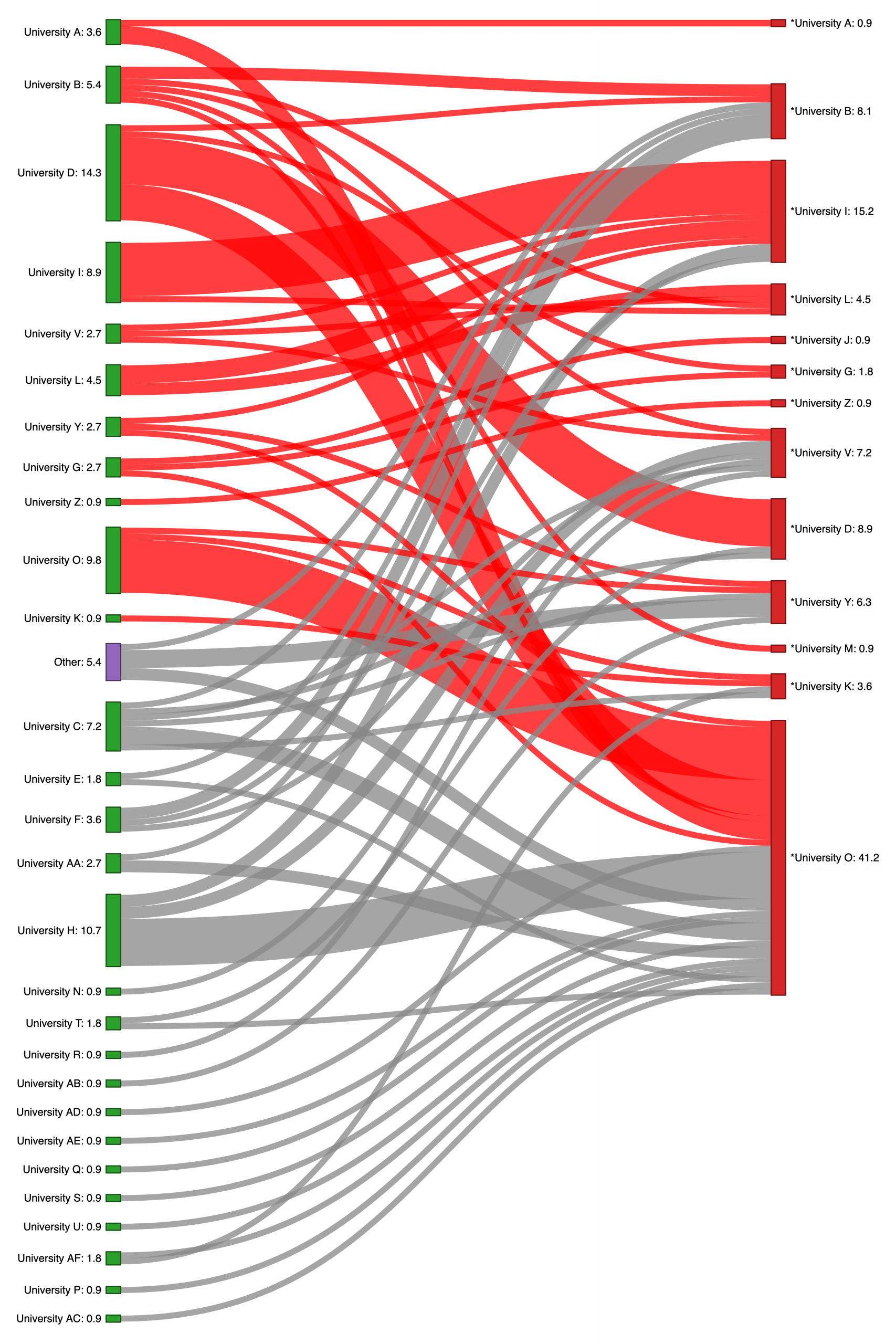

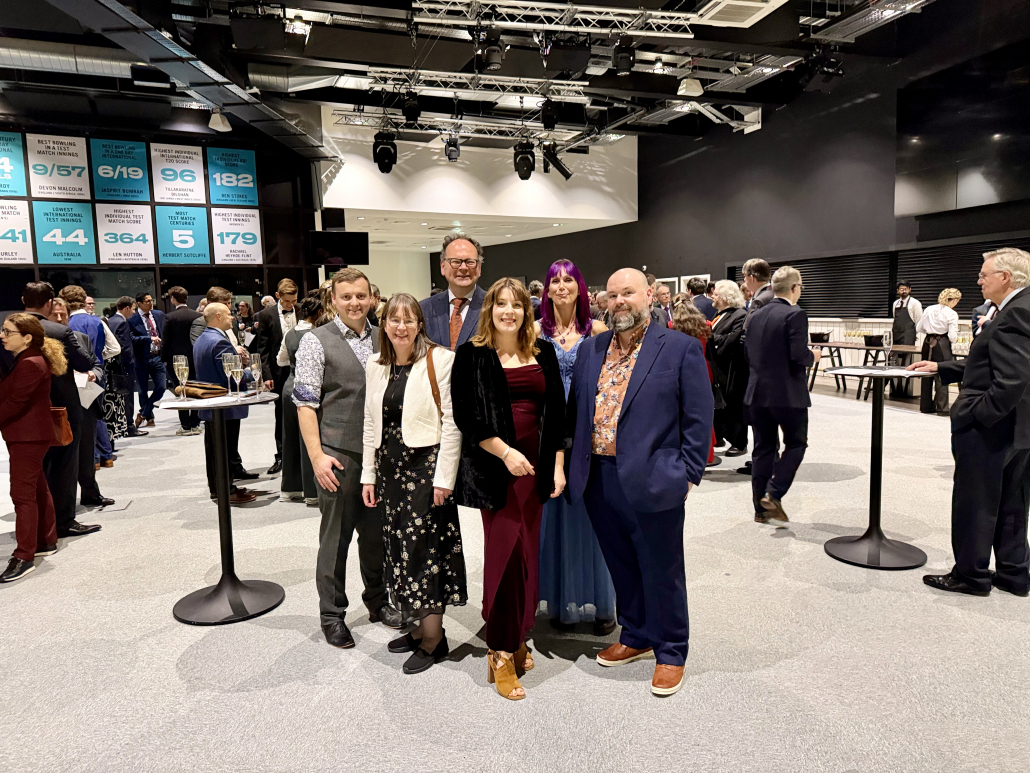
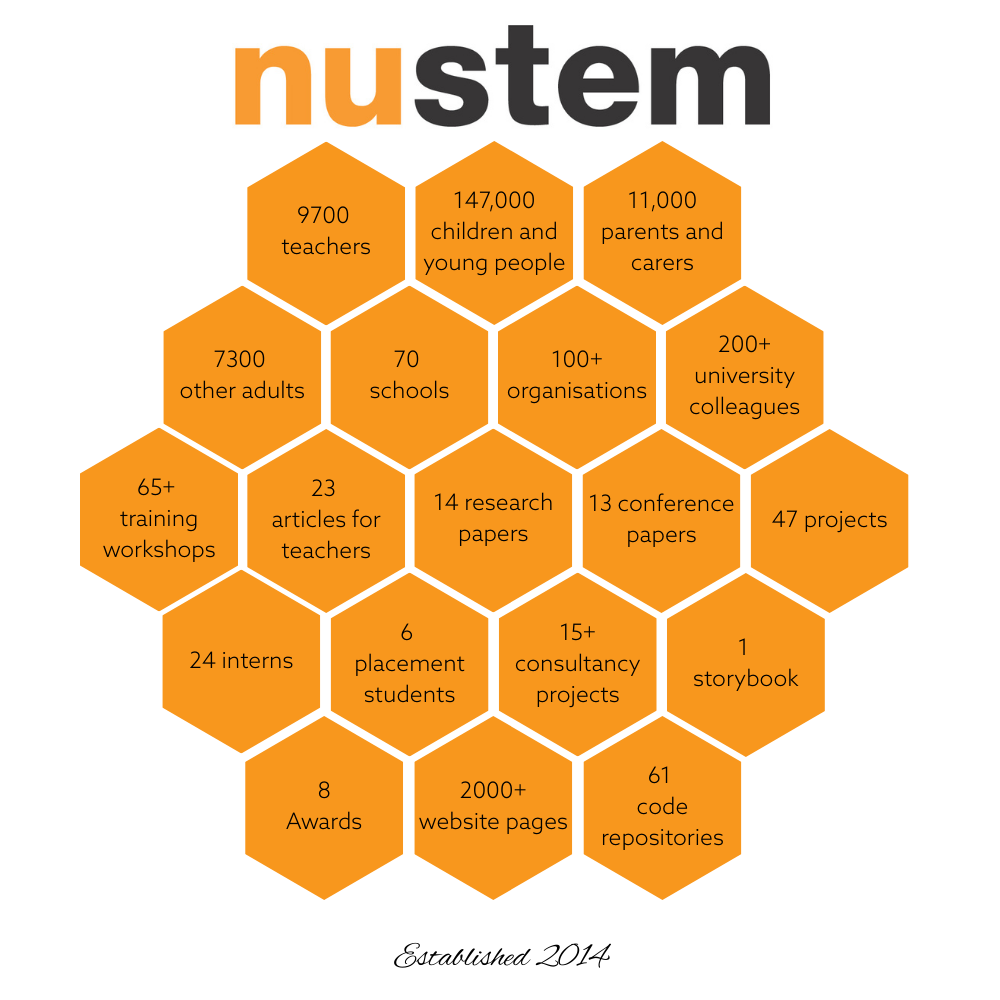
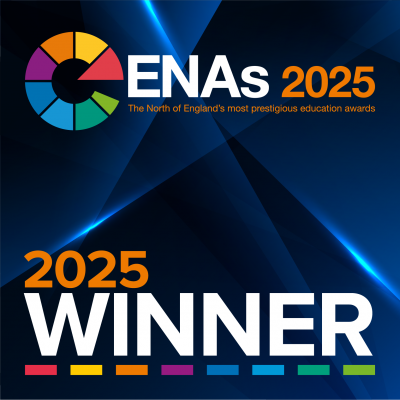 We’re making a bit of a habit of this: NUSTEM have won the STEM Initiative Award from the
We’re making a bit of a habit of this: NUSTEM have won the STEM Initiative Award from the 


